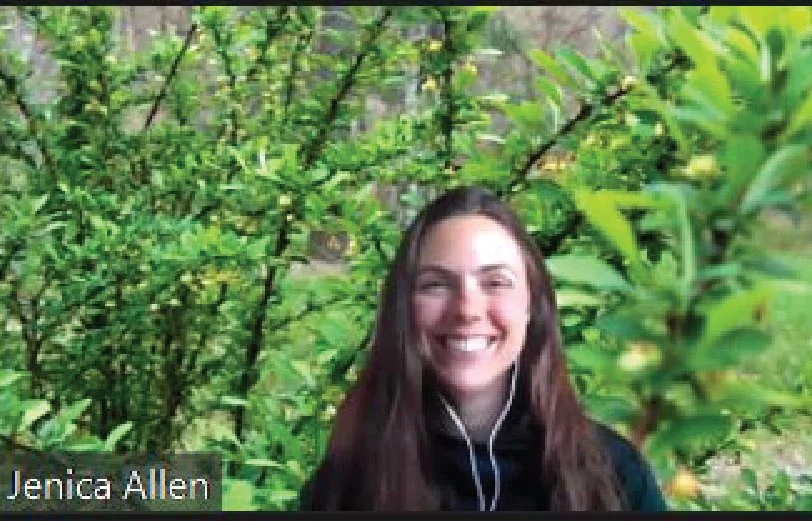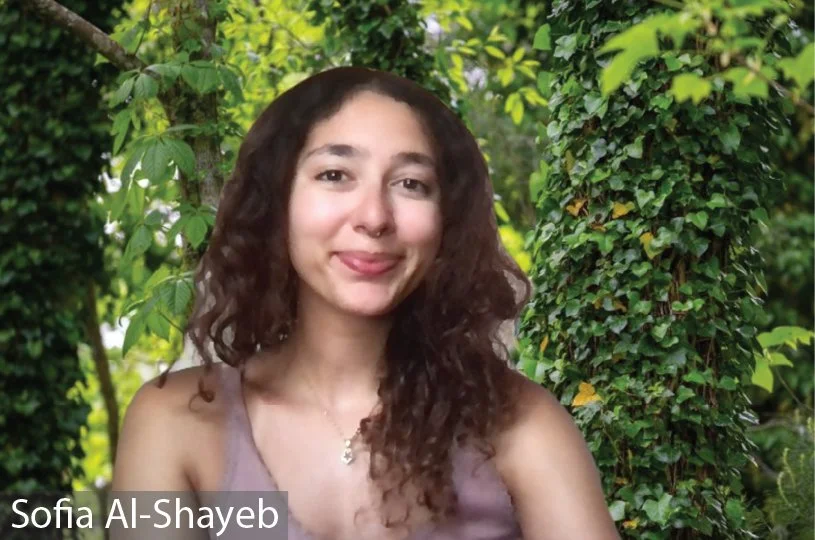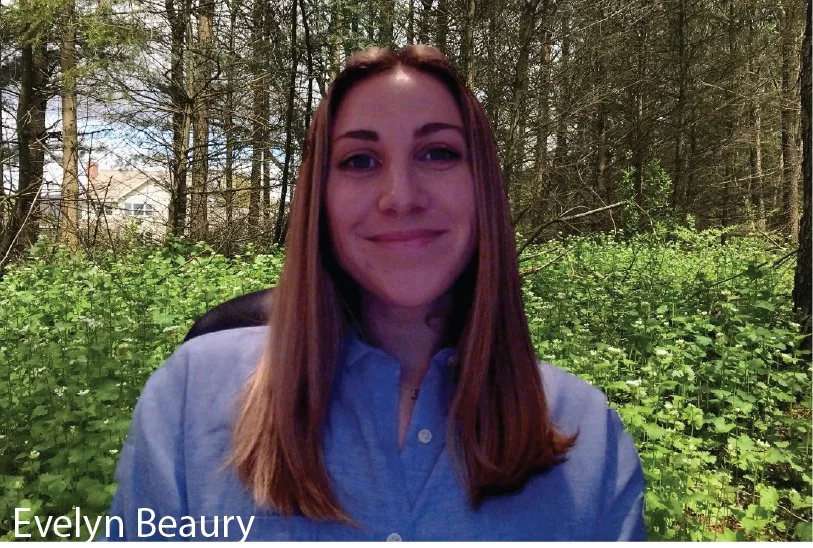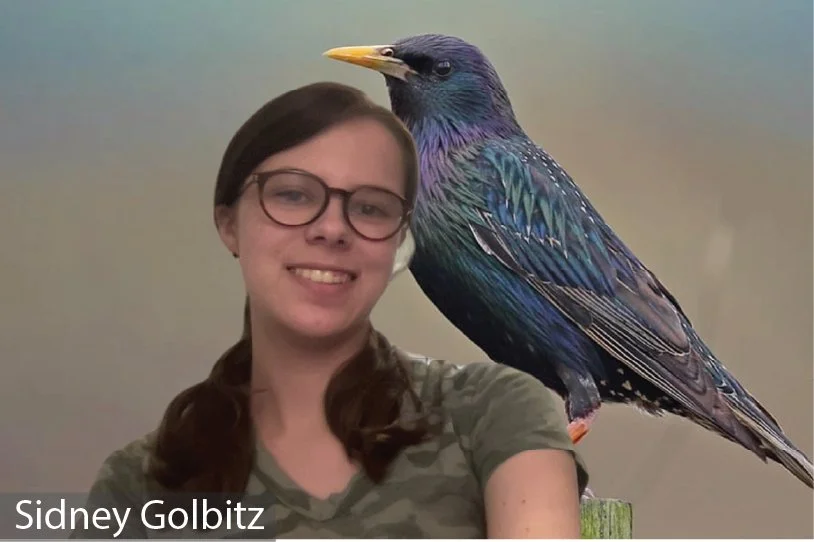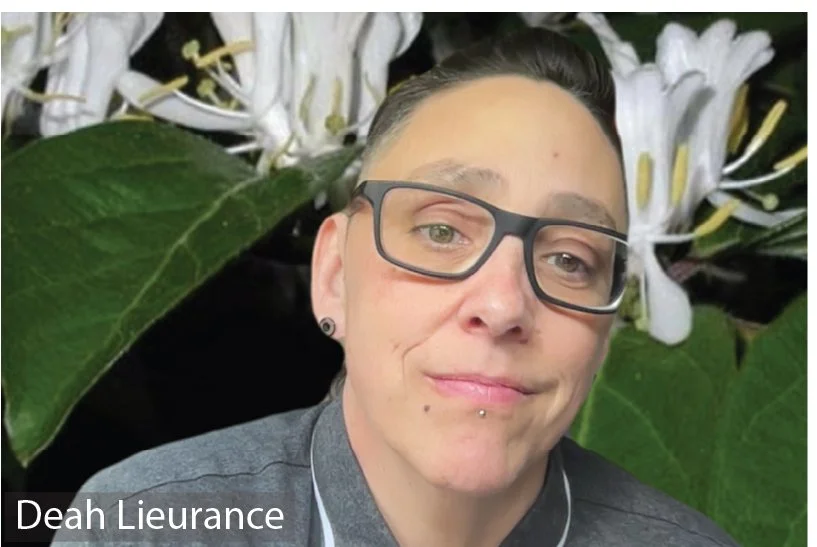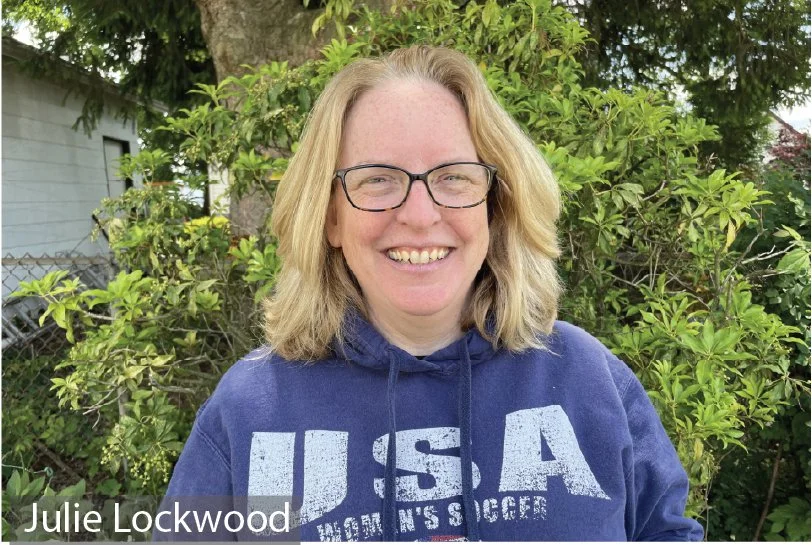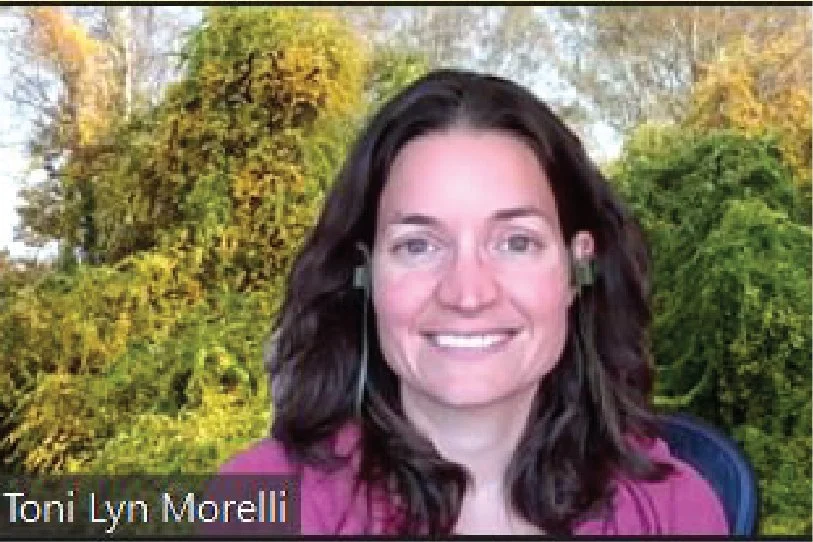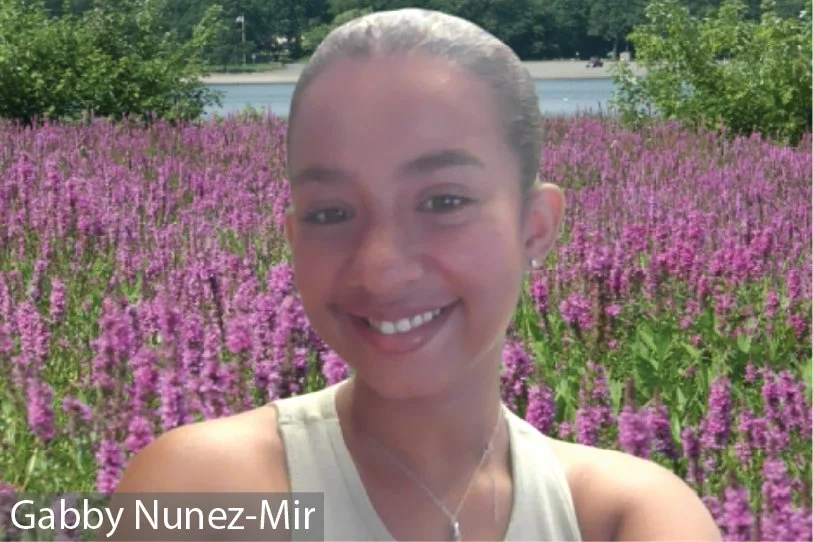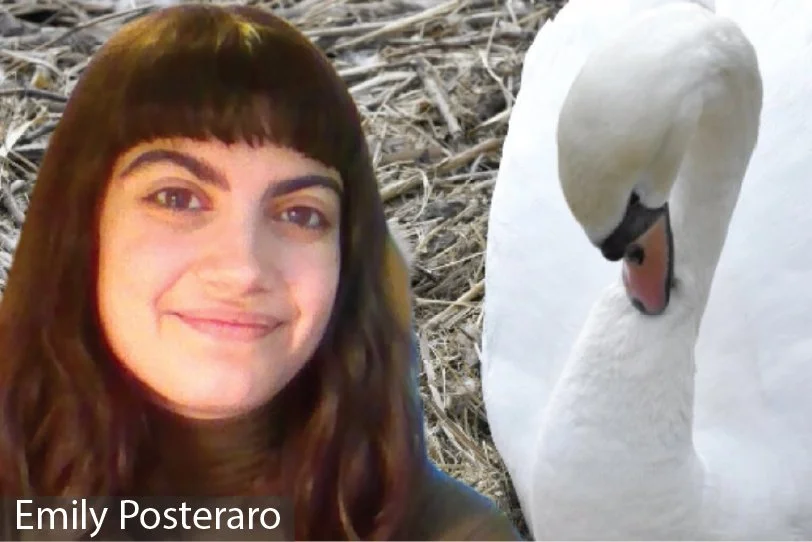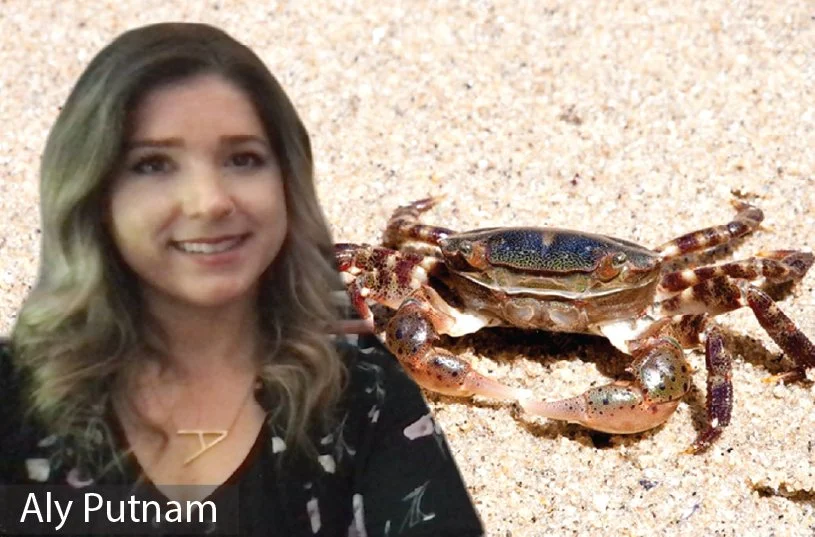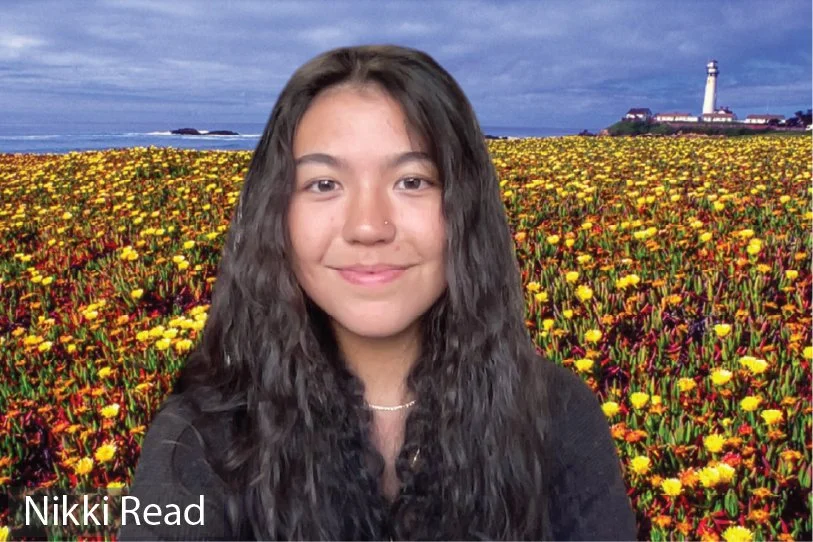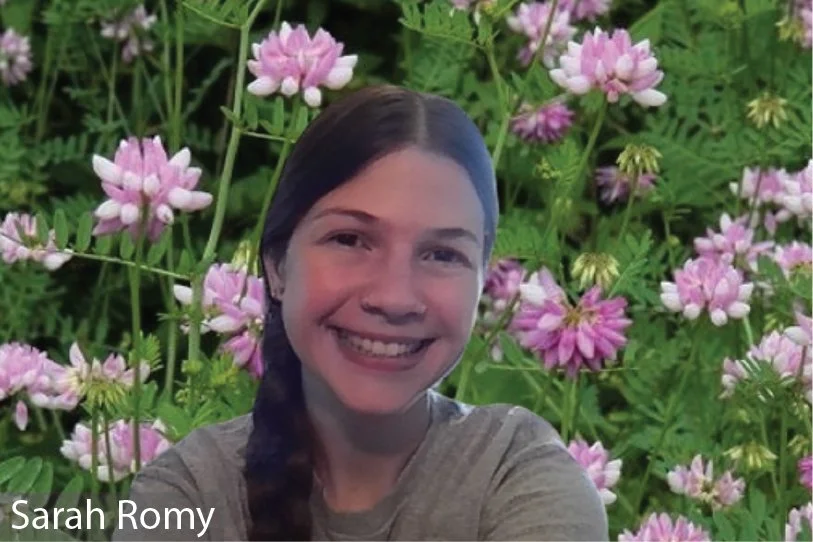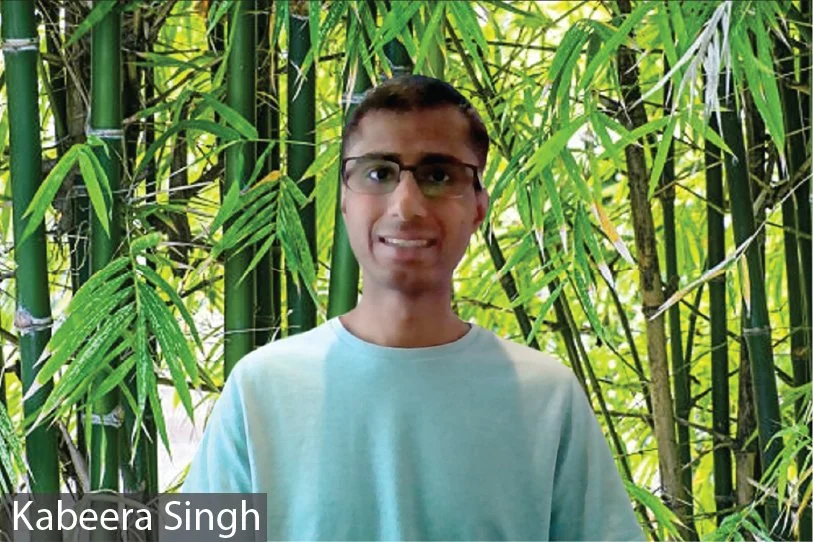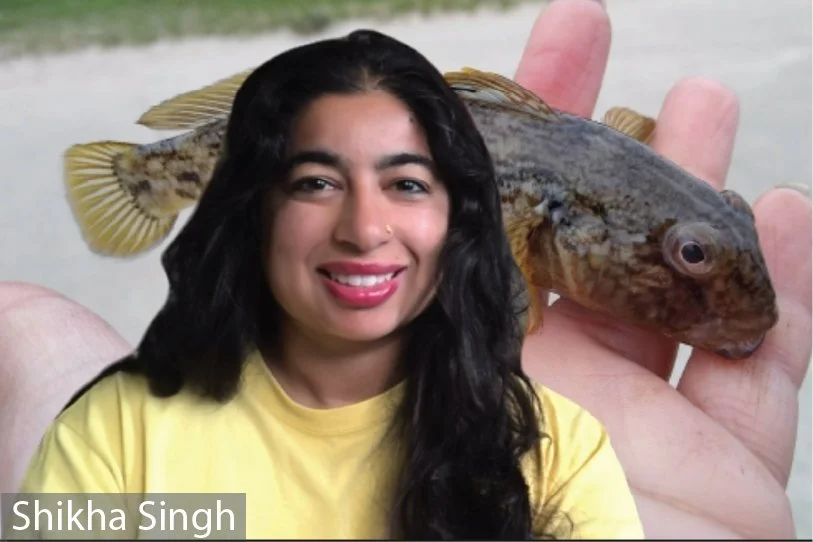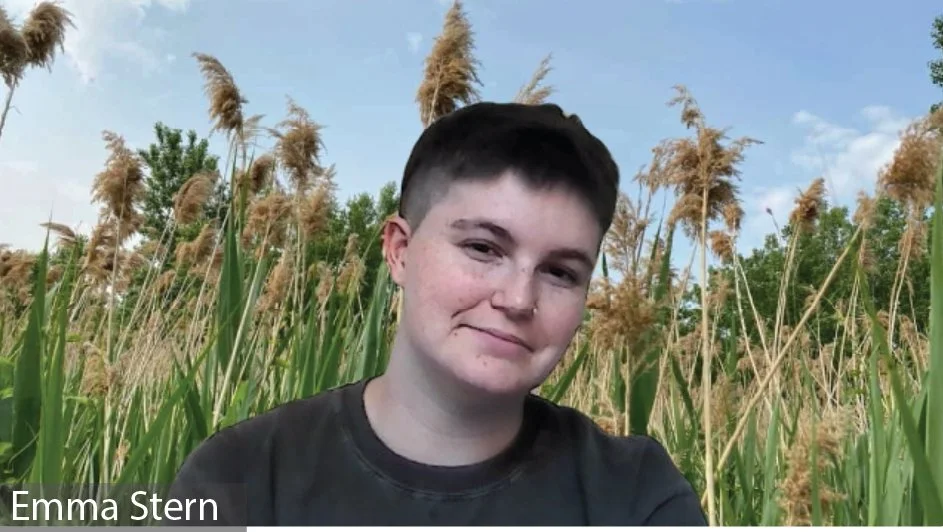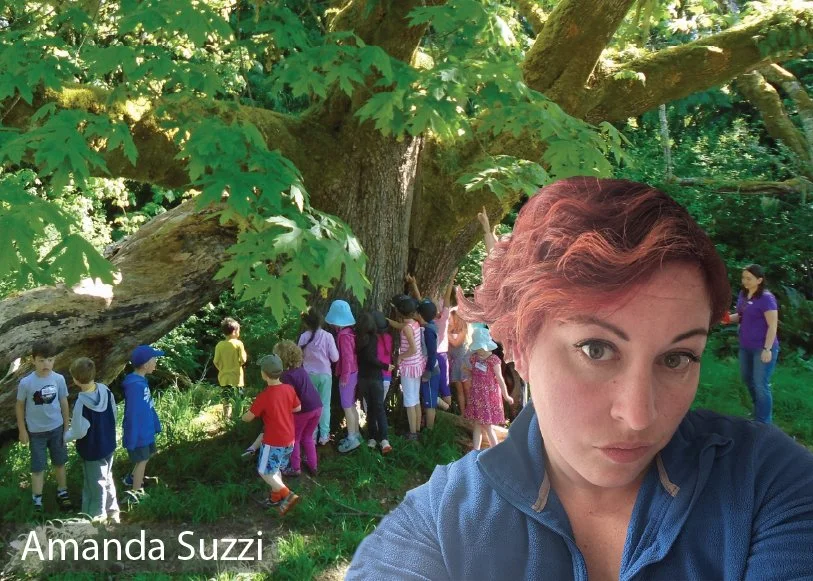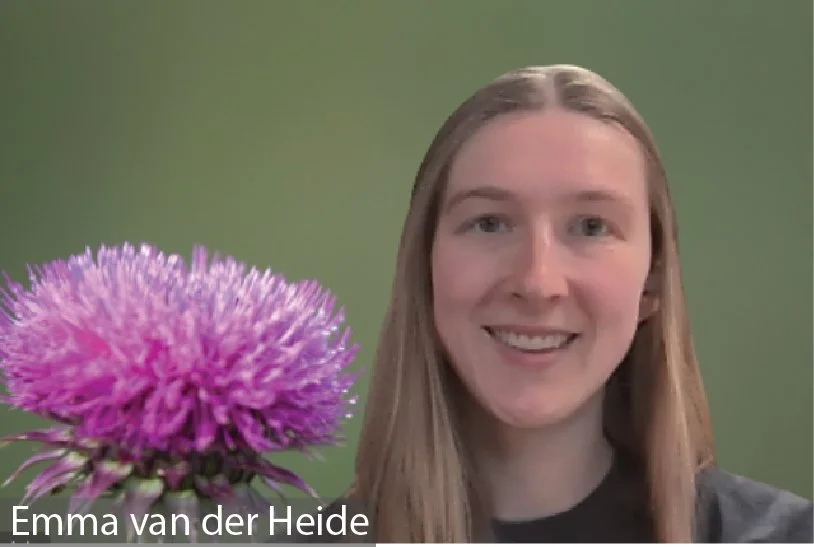RISCC Leadership Team
The Northeast RISCC Network was founded in 2016 in collaboration with the Northeast Climate Adaptation Science Center (NE CASC). Both organizations envision transforming the way that science is done by centering our work on relationship building. Relationship building, in turn, helps to build stronger connections between science and practice and ensure that RISCC contributes to actionable science. Our leadership team is made up largely of volunteers, who donate their time during weekly meetings to advance our mission. We are always looking for new members to join our leadership team - contact us to learn more!
Jenica Allen is a Senior Research Fellow at UMass Amherst and Director of NE RISCC. She studies the intersection of invasion ecology and data science in order to inform proactive invasive plant management.
Sofia Al-Shayeb is a Post-Baccalaureate Researcher and prospective graduate student at the University of Illinois at Chicago. Her research interests focus on the traits and spread habits of invasive plant species, as well as broader topics in ecosystem conservation and restoration ecology.
Evelyn Beaury is an Assistant Curator at the New York Botanical Garden. She studies the ecological impacts of global change, including the spread of invasive species.
Sarah Bois is the Director of Research and Education at the Linda Loring Nature Foundation. She works to restore and maintain native habitats in light of climate change. Sarah serves as the co-Chair for the Nantucket Invasive Plant Species Committee as well as Nantucket’s Coastal Resiliency Advisory Committee.
Bethany Bradley is a Professor of Environmental Conservation at UMass Amherst and an expert in plant invasion ecology and biogeography. Her research uses spatial analysis and ‘big data’ to understand risk from invasive species, including their interactions with climate change.
Matt Brincka is an Invasive Species Biologist with New York State Parks and Historic Sites. He believes collaboration and strong partnerships are the foundation for developing feasible solutions to our most critical invasive species and climate change needs.
Carrie Brown-Lima is the Regional Administrator for the USGS’ Northeast Climate Adaptation Science Center. She is an expert in invasive species research and management and in building collaborations to address conservation challenges.
Dan Buonaiuto is an Assistant Professor at the University of Maryland. He is interested in how global change affects plant communities. His current research focuses on understanding how invader abundance influences patterns of biodiversity across multiple spatio-temporal scales.
Brian Colleran has worked on invasive flora problems across the United States, most recently in the wetlands and shorelines of New England, where he focuses his energies on invasive plant control through his company Ecological Land Management, LLC. He works with knotweed more than he would like to admit.
Justin Dalaba is an ORISE Fellow specializing in visual communications at the USGS’ Northeast Climate Adaptation Science Center.
Annette Evans is an Assistant Professor of Biology at the University of St. Joseph. She is interested the eco-evolutionary cascades caused by the introduction or removal of invasive species from native communities.
Matt Fertakos is a PhD student at UMass Amherst. He studies invasive plants and biogeography, with a focus on how climate change will affect plant distributions.
Megan Geiger graduated from Antioch University with a degree in Environmental Science and is currently pursuing an MS in Conservation Biology. Her work focuses on marine science and ecological impacts of invasive marine organisms.
Sidney Golbitz is an undergraduate at UMass Amherst majoring in environmental science. She is interested in wildlife ecology and environmental policy.
Deah Lieurance is an Assistant Professor of Invasive Species Biology and Management at Penn State University where she works on invasive species prevention and risk assessment, chemical ecology of invasive plants, plant herbivore interactions, and the effects of climate change on invasive shrubs. She has a French bulldog named Vileaux and is obsessed with women’s soccer.
Julie Lockwood is a Professor of Ecology at Rutgers University and the Interim Director of the Rutgers Climate and Energy Institute. Her research currently centers on aquatic and forest animal invasions, the use of environmental DNA for management, and the nexus between biodiversity, climate change, and renewable energy.
Caroline Marschner is an Extension Associate in the School of Integrated Plant Science at Cornell. She is focused on agrivoltaics and on agricultural weeds and climate change with the Weed Ecology and Management Lab.
Toni Lyn Morelli is a Research Ecologist with the US Geological Survey Northeast Climate Adaptation Science Center hosted by UMass Amherst. Her research uses lab, field, and modeling techniques, in a translational ecology framework to facilitate natural resource management and conservation in the face of global change.
Thomas Nuhfer is a PhD student at UMass Amherst. He studies plant biogeography and is currently working on risk assessment of range shifting native plants.
Gabriela Nunez-Mir is an Assistant Professor of Biological Sciences at the University of Illinois at Chicago. Her research leverages the increasing availability of macroscale environmental data to investigate the dynamics of biological invasions and other subjects of conservation concern.
Emily Posteraro is a Program Development Coordinator at the Invasive Species Centre (ISC). Based in Ontario, she works to prevent the spread of spotted lanternfly and coordinates efforts to address the cumulative impacts of invasive species and climate change.
Aly Putnam is a Postdoctoral Researcher at UMass. Her research focuses on interactions between non-native marine species and climate change.
Nicole Read is a Virtual Student Federal Services (VSFS) intern working across the various RISCC regions. She is an undergraduate student at Duke University studying biology and environmental science.
Sarah Romy is a PhD student at the University of Illinois Chicago. She studies biological invasions from a macroscale perspective
Kabeera Singh is a graduate of University of Massachusetts Amherst. His work focuses on creating AI tools to help people set up native plant gardens.
Shikha Singh is an Invasive Species Biologist at the Jackson Lenawee Washtenaw Cooperative Invasive Species Management Area (JLW CISMA) in Michigan. In addition to monitoring and management, she leads training workshops and performs outreach.
Emma Stern is a recent graduate of the UMass Amherst GIST program and is part of the Spatial Ecology Lab. They are currently working on a invasive plant biogeography project.
Amanda Suzzi is a Postdoctoral Research Fellow at Penn State. Her research focuses on geospatial analyses of interactions between species and the environment.
Emma van der Heide is a PhD student at Penn State. She studies the response of invasive thistles to disturbance, with a focus on their long-term response to early-life stress.

